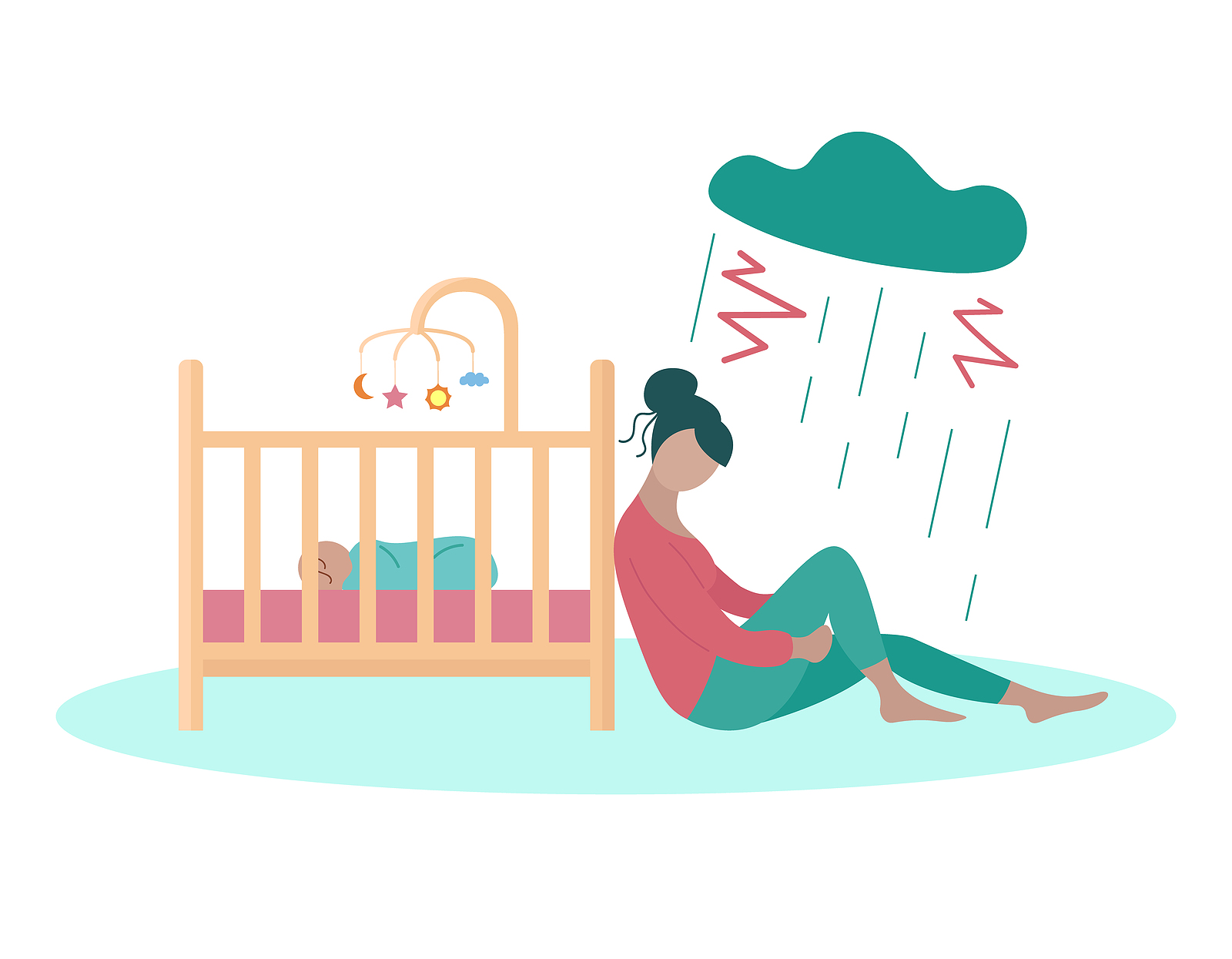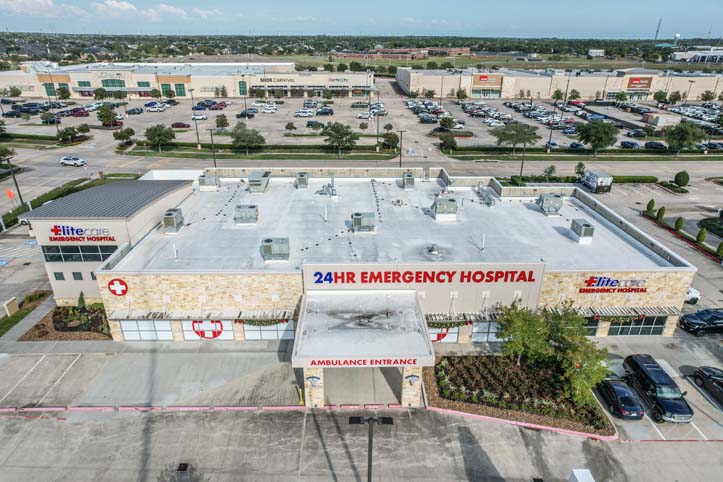
Postpartum Depression in New Mothers
Having a baby and stepping into motherhood is a joyous and exciting time for many women. However, pregnancy and the time after delivery can be distressing and difficult for some.
Postpartum depression occurs after having a baby, and it can have a devastating effect on new moms. This article looks at its symptoms, risk factors, and coping skills for postpartum depression.
What is Postpartum Depression?
Postpartum depression or PPD is a complex mix of physical, behavioral, and emotional changes that some women experience after giving birth. It is a type of major depressive disorder and begins within four weeks after delivery.
According to recent research by the Centers for Disease Control and Prevention (CDC), about 1 in 8 women experience the symptoms of postpartum depression. A recent analysis conducted by CDC also found that the rate of depression diagnoses at delivery was seven times higher in 2015 than in 2000. (CDC, 2021)
Many new mothers experience the “baby blues,” a term used to describe the sadness, tiredness, and worry after having a baby. The feelings of postpartum depression are more intense and last longer than those of “baby blues.”
Postpartum depression does not just affect mothers. Fathers are also at risk because they may experience similar feelings of stress after their new family member arrives home.
Symptoms of Postpartum Depression
Some of the symptoms of postpartum depression include feeling sad, loss of interest in previously enjoyable activities, feeling worthless, anxiety, crying without reason, lack of interest in the baby, suicidal thoughts, fear of harming the baby or oneself, changes in appetite, irritability, and difficulty in thinking or concentrating.
Women who experience postpartum depression may have several symptoms, and the severity of the symptoms may vary. The symptoms may cause new mothers to feel ashamed, guilty, or isolated. Though there is no diagnostic test for PPD, it is an illness that must be taken seriously. (APA, 2020)
Risk Factors and Treatment
Postpartum depression can happen to any woman who has a baby. Some women are more likely than others to develop this illness if they have previously experienced or have a family history of depression. Other risk factors include experiencing a traumatic birth, poor social support system, stressful life events such as financial problems or relationship issues with their spouse or partner.
Treatment for postpartum depression is essential and may include counseling, therapy, or medication. A doctor or healthcare provider will help choose the best treatment options based on the symptoms.
If the treatment includes medication, breastfeeding women should notify the doctor to minimize the baby’s exposure to the drug. Medication must never be stopped without consulting a doctor or healthcare provider, as stopping medications abruptly can cause withdrawal symptoms. (NIMH)
Prevent Postpartum Depression
Pregnancy and childbirth can be exciting times, but they can also bring along a lot of stress. To cope with postnatal depression symptoms, new moms should try to keep their expectations realistic and take one day at a time. Moms need to get as much rest as possible and delegate tasks to others whenever possible. They can talk with friends or family members who have been through childbirth themselves or ask their advice on what they did during postpartum depression. Joining a postpartum support group can also be helpful.
Mothers should avoid watching the news or reading depressing material, especially in the early weeks and months after childbirth. They should follow a healthy diet and avoid alcohol and caffeine. It’s best to limit visitors when they first go home, and they must try to rest and sleep when the baby sleeps. (Fulghum Bruce, 2020)
Supporting a New Mom with Postpartum Depression
Partners, family, and friends can help by listening to the new mother’s concerns and supporting her. They can help with household tasks or watch the baby while the new mother rests.
It can be dangerous for both the mother and baby, so it is vital to know the symptoms of postpartum depression and how to prevent it. If you or someone you know has been diagnosed with postpartum depression, the most important thing is to get help. There is no need to suffer in silence – postpartum depression is a treatable condition.
Works Cited
CDC. “Depression during and after Pregnancy.” Centers for Disease Control and Prevention, Centers for Disease Control and Prevention, 15 Dec. 2021,
www.cdc.gov/reproductivehealth/features/maternal-depression/.
APA. “What Is Postpartum Depression?” American Psychiatric Association (APA), 2020, www.psychiatry.org/patients-families/postpartum-depression/what-is-postpartum-depression.
NIMH. “Perinatal Depression.” National Institute of Mental Health, U.S. Department of Health and Human Services, www.nimh.nih.gov/health/publications/perinatal-depression.
Fulghum Bruce, Debra. “Postpartum Depression: Symptoms, Causes, Risks, Types, Tests, Professional and Self-Care.” WebMD, WebMD, 2020, www.webmd.com/depression/guide/postpartum-depression.
















